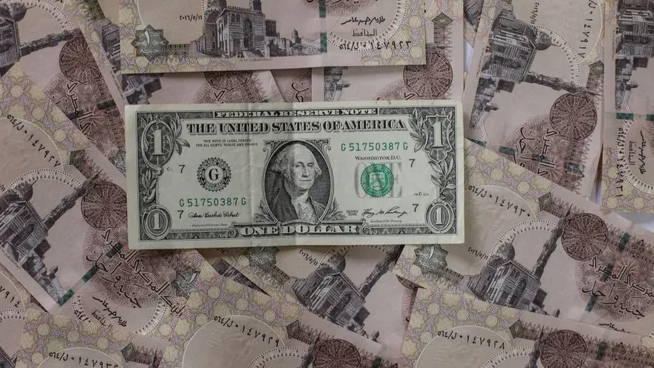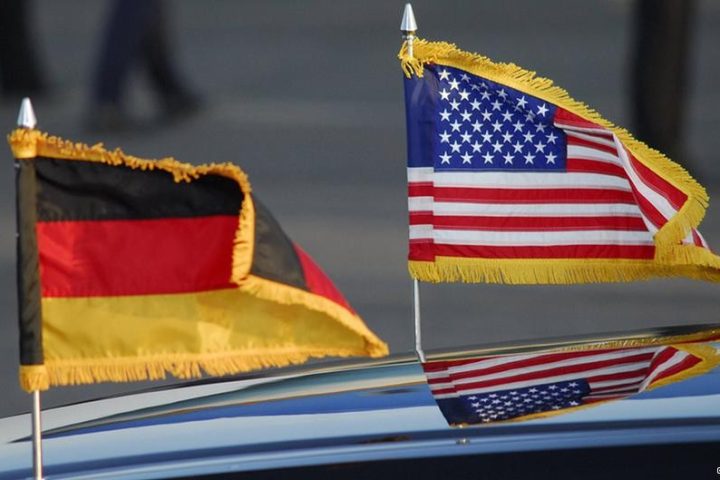source: sueddeutsche.de website: War and energy crisis: Why Berlin is negotiating with Egypt’s autocrat al-Sisi – despite the repressive apparatus there.
What remains at the end is a handshake, a firm one, between Chancellor Olaf Scholz (SPD) and Egyptian President Abdel Fattah al-Sisi. For more than an hour, the two men spoke to each other in the Chancellor’s Office. The times lead to the fact that each would like to see a partner in the other. In Germany, fears of energy shortages are running rampant. And in this case, it is al-Sisi who is offering to be part of the solution.

The energy crisis is an international crisis, says al-Sisi at the joint press appearance. In his country, too, people are suffering from high prices. But Egypt is ready to “offer everything” to deliver gas to Europe, to its “friends in Germany,” to ease the consequences. Scholz likes to hear that. He wants not only gas from Egypt, but also hydrogen. It does not remain only with the handshake, concrete agreements are to be made soon.
- Turkey warns it might “freeze” the NATO process for Sweden and Finland
- Netflix to Launch an Anxious Season of Media Earnings
- In the midst of a legal dispute, Sylvester Stallone calls Rocky producer Irwin Winkler “remarkably untalented and parasitical.”
Other visits did not end so harmoniously. In 2015, al-Sisi was received with military honors, and he met with then-Chancellor Angela Merkel and then-Federal President Joachim Gauck. During the press conference, however, unusual scenes ensued: Opposition members and journalists loyal to the regime clashed. There were demonstrations because of the human rights situation in the country. Norbert Lammert, then president of the Bundestag, refused to meet with Sisi. His reasoning is as relevant today as it was then, because the military chief rules his homeland with an iron fist and arbitrary persecution.
The country on the Nile had not seen such persecution of dissidents even under President Husni Mubarak, who was toppled in the course of the Egyptian revolution in 2011 after almost thirty years. Under al-Sisi’s rule, 16 new prisons were built. He came to power in 2013 in a military coup against the first democratically elected government of Mohammed Mursi. According to human rights organizations, between 60,000 and 70,000 political prisoners are incarcerated in inhumane conditions. Many of them are tortured and sentenced without a fair trial. A few days ago, the New York Times provided frightening impressions from this regime of injustice.
The human rights situation was raised, they say. That will have to do
This time, al-Sisi is in the German capital as part of the Petersberg Climate Dialogue, which is seen as the starting signal for preparations for the COP 27 world climate conference in November. Berlin and Cairo are jointly hosting it in the Egyptian seaside resort of Sharm al-Sheikh. At the invitation of Foreign Minister Baerbock, representatives from around 40 countries have been discussing concrete steps to tackle the climate crisis at the Federal Foreign Office since Sunday and will continue to do so until Tuesday. That connects. Yes, Scholz says, the human rights situation came up in talks with al-Sisi. He encourages al-Sisi to take “decisive steps” regarding participation and human rights. This is not an attack.
Today, as then, Egypt and Germany are linked primarily by economic interests: Al-Sisi’s energy and infrastructure projects are bringing German companies, above all Siemens, contracts worth billions: In May, Siemens Mobility signed a contract with the government in Cairo to build a 2,000-kilometer high-speed rail network. This is the largest contract in Siemens’ history. 8.1 billion euros.
In the wake of the Russian war in Ukraine, Egypt refrained from distancing itself from Moscow. Al-Sisi and Vladimir Putin get along well; the Russian president does not ask questions about human rights. Moreover, as the world’s largest importer of wheat, Egypt is dependent on Moscow; Russian weapons systems also attract interest in Cairo. Nevertheless, Egypt is suffering from the consequences of the war: Because of rising prices and an impending food crisis, Egypt recently received 100 million euros from the EU.





